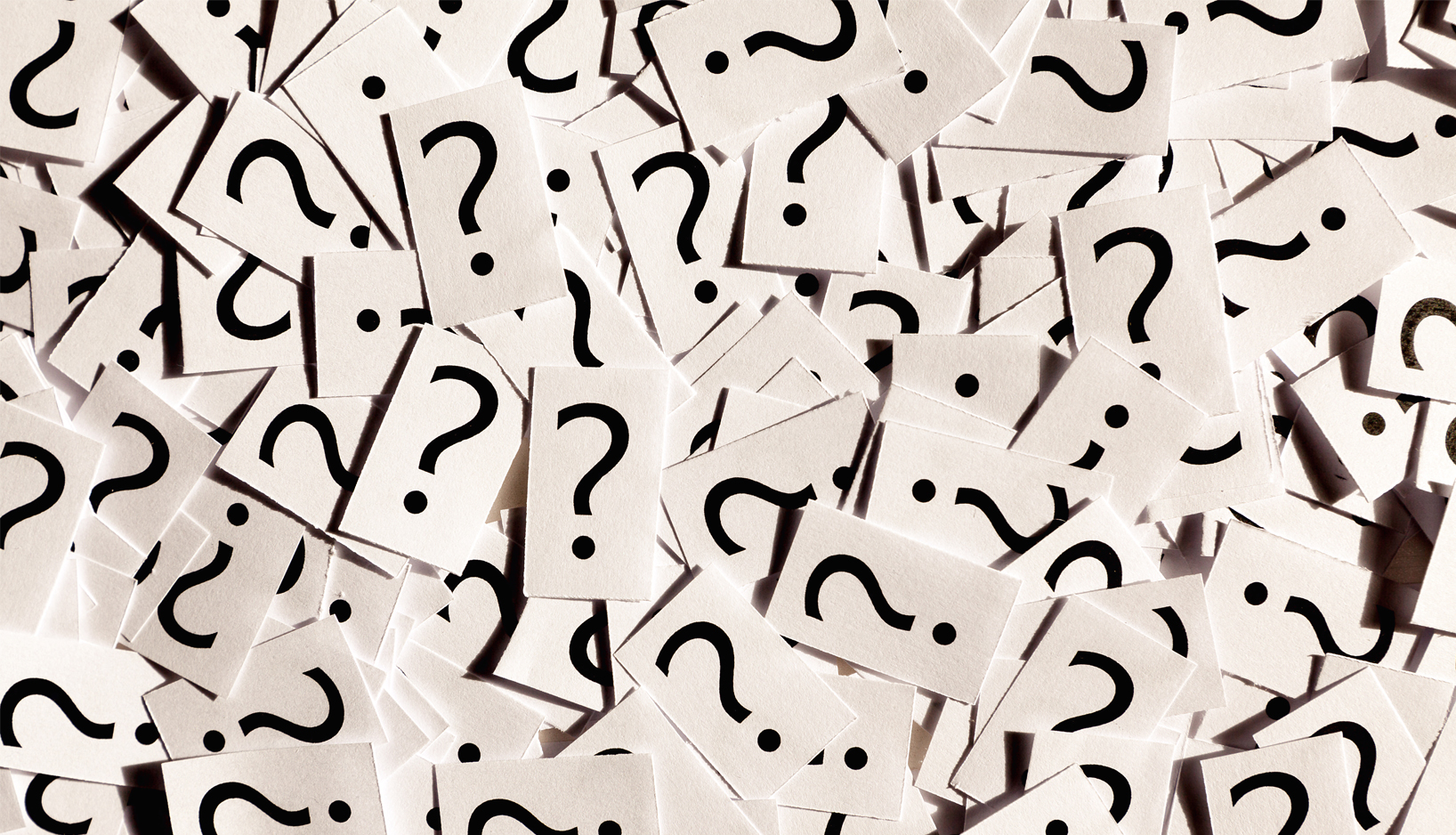You may have noticed, particularly on your first visit, when you come in for acupuncture you are bombarded with a plethora of Q’s from your acupuncturist. It may seem as though we are quite nosey, asking all sorts of questions from the minutiae of your bowel movements to quantity and quality of your sleep. So…..WHY? Why the multitude of queries?
The short answer: it helps us figure out how to treat you.
The long answer: in Traditional Chinese Medicine, instead of making a “diagnosis” like in Western Medicine, an acupuncturist is taking all of those questions, along with taking your pulse and sometimes looking at your tongue, to find a pattern, a process that we call syndrome differentiation. This pattern takes into account your whole body, mind and spirit. We have to take a holistic perspective, because everything is so interconnected.
In cases of musculoskeletal pain issues, we may be focusing a bit more on the meridians (channels or pathways) where the pain is located when figuring out what points and/or other modalities to use. When shifting our lens to look more internally, we are focusing more on organ systems. In all of these syndrome differentiations there is an assessment of the relationship of Qi, blood, Yin (cold), Yang (warmth), Excess and Deficiency, and what treatments would be best to bring some balance into the mix.
Perhaps some examples might be helpful?
Patient 1 presents with acute low back sprain with sharp and shooting pain. We know that the Urinary Bladder channel runs down the length of the back, and that is the meridian that is affected here. If there is sharp pain present, it is due to a stagnation of energy and/or blood flow. Because there is stagnation, or buildup, that means there is excess in that area. So the syndrome or pattern here would simply be stagnation/blockage in the Urinary Bladder channel.
Patient 2 presents with a red complexion, headaches and migraines, a tendency to be irritable, trouble with sleep, high blood pressure induced by stress, and they are often quite thirsty and feel hot. We would call this syndrome or pattern Liver Fire. In Chinese medicine, the Liver organ is responsible for maintaining the free flow of Qi/energy and is also related to our emotions, specifically stress and anger. All of the above symptoms exhibited by the patient are related to the Liver – sleep issues, headaches, irritability, high blood pressure and because there is excess heat, and heat rises to the upper body, we call that Fire.
In 5 Element Acupuncture (in which roughy half our providers are trained), rather than using syndrome differentiation with focus on meridians and organ systems as in Traditional Chinese Medicine, the goal is to figure out the constitution of the patient by observing their Color Sound Odor and Emotion (CSOE). They are furthermore aiming to work out the root cause of the disharmony between the elements (fire, earth, metal, water, wood). In addition to asking the typical laundry list of questions, taking the pulse and perhaps looking at your tongue, a 5 Element practitioner may also palpate various spots on your abdomen before treatment. Here’s an example:
Patient is seeking support with anxiety and panic attacks. This patient presents with a scorched odor (the way skin can smell after being in the sun), a red skin hue, an engaging and excited pitch, and sense of laughter in her voice like she was about to get to the punch line of a joke. From this, a five element practitioner can identify the fire element as her primary constitution, and therefore most prone to imbalance. The patient’s panic attacks and generalized anxiety at times drop down into a lack of joy or enthusiasm, though they are soothed by warmth and companionship. In isolation the patient feels a lack of control and increased anxiety. Fire in nature is an active, warm, moving element in the natural world; generally this constitution thrives too in the midst of connection. This patient also described disturbed sleep, waking often throughout the night (sleep can be affected when the Heart, the organ ruled by the fire element, is burdened).
In conclusion, acupuncturists ask many questions, some of which may seem quite unrelated to your chief complaint, though they are really essential for us to discern what type of treatment will be best for you. So next time you find yourself wondering why your acupuncturist is making such a detailed inquiry, remember that it is part of a larger interconnected framework that helps us figure out a pattern, or source of imbalance, taking into account all the pieces of the puzzle.


